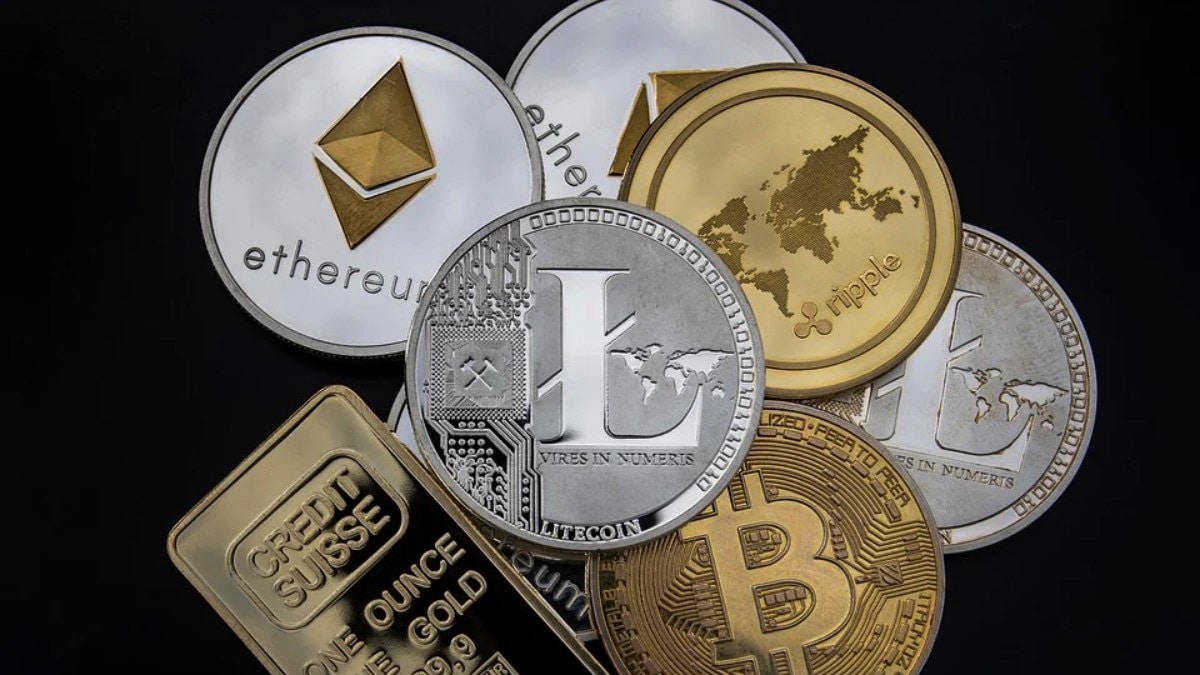Crypto giant Binance processed nearly $346 million (roughly (Rs.2,900 billion)) in bitcoin for digital currency exchange Bitzlato, whose founder was arrested by US authorities last week for allegedly operating a “money laundering machine.” as blockchain data from Reuters shows.
The Justice Department announced Jan. 18 that it had accused Bitzlato’s co-founder and controlling shareholder Anatoly Legkodymov, a Russian citizen living in China, of operating an unlicensed money-changing business that “fueled a high-tech axis of crypto-crime,” while processing around US$700 million (Rs. 5,800 crore) in illegal funds. Bitzlato had touted the laxity of its background checks on customers, the Justice Department said, adding that when the exchange asked users for ID information, it “repeatedly allowed them to provide information from ‘straw man’ registrants.”
binancethe world’s largest crypto exchange, was among Bitzlato’s top three counterparties based on the amount of bitcoin received between May 2018 and September 2022, the US Treasury Department’s Financial Crimes Enforcement Network (FinCEN) said last week.
Binance was the only major crypto Exchanges between Bitzlato’s top contenders, FinCEN said. It said the others doing business with Bitzlato were Russian-language dark web drug marketplace Hydra, a small exchange called LocalBitcoins, and a crypto investment website called Finiko, which they described as “an alleged crypto Ponzi scheme based in… Russia” described. FinCEN did not detail the scope of the companies’ interactions with Bitzlato.
The Hong Kong-registered Bitzlato is a “primary money laundering problem” related to illicit Russian finance, FinCEN added. It will ban the US and other financial institutions from sending funds to Bitzlato from February 1, FinCEN said. Binance or other individual companies subject to the ban were not named.
A Binance spokesperson said via email that it had provided “significant assistance” to international law enforcement agencies to aid in their investigations into Bitzlato. The company is committed to “cooperating” with law enforcement, they added, declining to give details about its dealings with Bitzlato or how it is working with such authorities.
Bitzlato, whose website was allegedly seized by French authorities, could not be reached by Reuters. Legkodymov, has not made any public comment since his arrest in Miami last week and has not responded to emailed requests for comment.
The Hydra operator, who faces charges in the US, and an attorney representing Finiko’s founder did not respond to requests for comment. Neither did LocalBitcoins from Finland.
Reuters has no evidence that the Binance, LocalBitcoins, or Finiko transactions with Bitzlato, which the Justice Department described as a “haven for criminal proceeds and funds for use in criminal activities,” violated any rule or law.
However, a former US banking regulator and former law enforcement official said Binance’s status as a top counterparty would draw the attention of the Justice Department and US Treasury Department to Binance’s compliance reviews with Bitzlato.
“I wouldn’t call it a warning shot over the bow, I would call it a guided missile,” Ross Delston, an American independent attorney and former banking regulator who is also an expert on anti-money laundering issues, told FinCEN, as quoted by Binance and LocalBitcoins.
The Justice Department and FinCEN declined to comment.
Binance has moved over 20,000 Bitcoin, valued at approximately US$345.8 million (Rs. The numbers were compiled by leading US blockchain researcher Chainalysis and viewed by Reuters.
Approximately $175 million worth of Bitcoin (Rs. 1,400 billion) was transferred from Bitzlato to Binance during this period, making Binance its largest receiving counterparty, the data shows.
About US$90 million (Rs.750 billion) of the total remittances took place after August 2021, when Binance said it would require users to provide an anti-financial crime identification card, according to data from Chainalysis, which provided a statement refused. Such controls, Binance said in a blog last year, address “the funding and money laundering from illegal activities.” Reuters was unable to determine whether Binance enforced its ID requirements at Bitzlato.
Darknet Market
Chainalysis, used by US authorities to track illicit crypto flows, had warned in February last year that Bitzlato posed a high risk. In a report, Chainalysis said nearly half of Bitzlato’s transfers between 2019 and 2021 were “illegal and risky,” with nearly $1 billion (Rs. 8,200 billion) identified in such transactions.
The US action against Bitzlato comes as the Justice Department investigates Binance for possible money laundering and sanctions violations. Some federal prosecutors have concluded the evidence gathered warrants filing charges against executives, including founder and CEO Changpeng Zhao, Reuters reported in December.
Reuters could not determine whether Binance’s dealings with Bitzlato are being verified.
Binance, which does not disclose the location of its core exchange, has processed at least $10 billion (about 82,000 rupees) in payments for criminals and companies trying to evade US sanctions, as per Reuters in a series of articles in the past year over blockchain found data, court and company records.
The coverage also showed that Binance was maintaining intentionally weak anti-money laundering controls and planning to dodge regulators in the United States and elsewhere, according to former executives and company documents.
Binance disputed the articles, calling its illicit fund calculations inaccurate and descriptions of its compliance controls “outdated.” The exchange said last year that it is “pushing higher industry standards” and is trying to improve its ability to detect illegal crypto activity.
Both Binance and Bitzlato have been major counterparties to the world’s largest dark web drug marketplace, Hydra. The Russian-language site was shut down by US and German authorities last year. The Justice Department said Bitzlato exchanged more than $700 million (about Rs. 5,700 crore) in crypto with Hydra, either directly or through intermediaries.
In an article published last June, Reuters reviewed blockchain data showing that buyers and sellers on Hydra made around $780 million worth of crypto payments between 2017 and 2022. be.
© Thomson Reuters 2023





